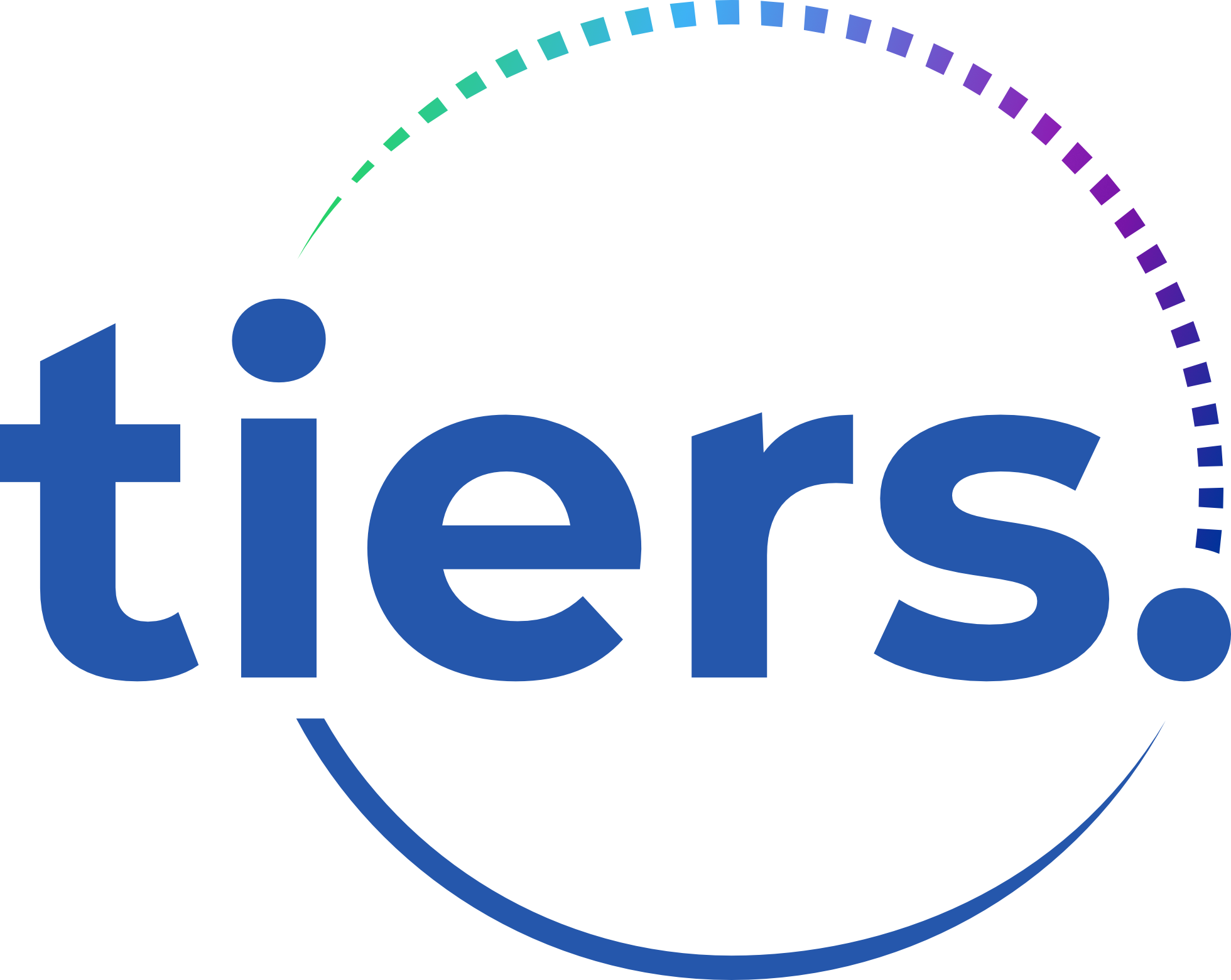Have you ever left an interview feeling great, only to face a letdown later? You may wonder, “Where did I go wrong?” We unknowingly make common mistakes that can hinder our success. So, let’s explore, understand, and correct these communication errors together.
1. Poor Preparation
Consider this: you need to learn more about the company, its industry, or the position you’re interviewing for. This scenario, unfortunately, is more common than you’d think. But don’t worry, the solution is simple—prepare.
- Research the company: What services or products do they offer? What’s their mission?
- Understand the job role: What are the responsibilities? What skills are necessary?
- Prepare answers for common interview questions and bring questions of your own.
2. Failing to Make a Good First Impression
First impressions can make or break an interview. It’s easy to pay attention to the importance of the initial few minutes. However, you can take these steps to ensure a positive beginning:
- Dress appropriately for the company culture.
- Be on time—or better yet, early.
- Give a firm handshake and a confident smile.
3. Negative Body Language
Body language can communicate more than words sometimes. You might not realise it, but the hiring manager observes your non-verbal cues. Avoid negative body language by:
Maintaining eye contact, showcasing an open, confident posture, and using hand gestures sparingly and purposefully.
4. Over-Sharing or Under-Sharing
Striking the right balance between being overly talkative and not saying enough can be tricky. But it’s essential to prevent discomfort or misunderstanding. Some tips for how to avoid this mistake:
- Be succinct yet thorough in your responses.
- Don’t delve into personal stories unless it’s relevant to the role or question.
- Listen carefully to the interviewer and respond to their queries adequately.
5. Not Following Up
Last, but by no means least, is the common mistake of not following up post-interview. Following up shows your continued interest and distinguishes you from others who neglect this step. So remember:
- Keep it timely. A follow-up should be conducted within 24 to 48 hours after the interview. This maintains the momentum and keeps the conversation fresh in the mind of the interviewer.
- Stay professional. All communication, follow-ups included, should reflect your professionalism. Stick to the facts, stay courteous, and avoid becoming too informal or personal.
- Be genuine. There’s no need for extravagant gestures or over-the-top compliments. Be sincere in your thank-you note and show genuine interest in the role and the company.
- Recap the key points. Ensure your recall of the discussion aligns with the interviewer’s. This not only demonstrates attentiveness but also positions you as a candidate who is fully engaged in the hiring process.
In addition, networking is a constructive way to remain in the consciousness of potential employers, even if you don’t land the gig this time.
Ultimately, the art of following up and nurturing relationships is about remaining relevant and demonstrating your commitment and interest.
By mastering this, you’re sure to stand apart from the pack and increase your chances of landing your dream job. So, keep conversing, stay engaged, and follow through—you never know where it might lead!
Get informed on how to do more with your money.





